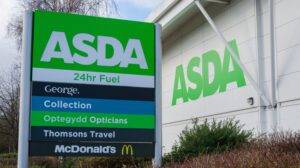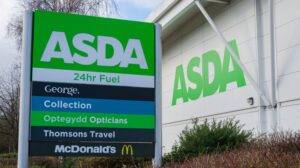Asda’s Christmas slip leaves it trailing rivals amid growing competition


Debt-laden Asda has emerged as the weakest performer among Britain’s biggest supermarkets this festive season, as new data from Kantar shows a steep 5.8 per cent drop in sales over the 12 weeks to 29 December, dragging its market share down from 13.5 per cent to 12.5 per cent.
The private equity-backed retailer, controlled by TDR Capital and the billionaire Issa brothers since 2021’s highly leveraged £6.8 billion takeover, has struggled to keep up with lower-priced competitors. Its mounting debt has increasingly hampered Asda’s ability to match the aggressive discounting strategies employed by the German chains Aldi and Lidl.
Despite posting improved figures for the final four weeks of December compared with the same period in 2023, the latest numbers highlight significant challenges for the Leeds-based grocer. Acknowledging these headwinds in November, the then-chairman Lord Rose of Monewden admitted Asda had “not been as sharp on our trading stance as we should have been”, conceding that the business had “lost a bit of market share and a bit of momentum”.
This fall in Asda’s market share comes as grocery price inflation hit its highest level since March 2024, rising to 3.7 per cent in December from 2.6 per cent in November, according to Kantar. Against this backdrop, overall supermarket sales climbed 2.1 per cent in the four weeks to 29 December, with households spending an average of £460 on groceries during the period.
Fraser McKevitt, head of retail and consumer insight at Kantar, described it as “a solid Christmas at the supermarkets”, noting that total sales during December topped £13 billion for the first time.
Elsewhere, Britain’s biggest supermarket chain, Tesco, solidified its position with a 0.8 percentage-point rise in market share to 28.5 per cent, while its festive sales climbed by 5 per cent. Sainsbury’s also enjoyed a strong performance, capturing its highest market share since December 2019 at 16 per cent. Its sales rose 3.5 per cent in the 12 weeks to 29 December, outpacing overall market growth.
Meanwhile, discounters Aldi and Lidl both continued their expansion, securing record market shares of 10 per cent and 7.3 per cent respectively for the quarter.
Read more:
Asda’s Christmas slip leaves it trailing rivals amid growing competition






